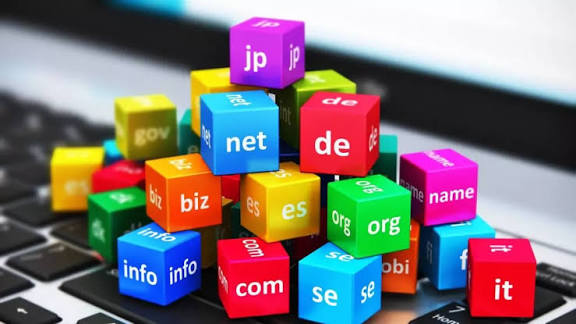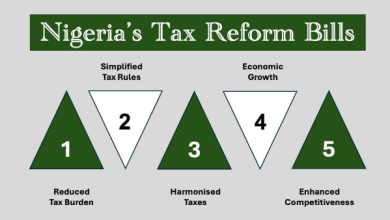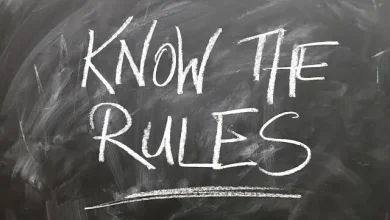When Domains Disappear: What Nkiri and Awafims Taught Us About Piracy, Power, and Ownership Online
Inside the fall of Nkiri and Awafims, and the legal lessons every Nigerian digital entrepreneur should learn about ownership, copyright, and compliance.

I still remember one slow Sunday afternoon earlier this month.
Light was out as usual, and I just wanted to watch a trending K drama called Tempest. So I did what most of us do. I went straight to Nkiri dot com.
But then came the message, “This site can’t be reached.”
At first, I thought it was my network acting up. I switched from Wi Fi to mobile data. Still nothing. I even turned airplane mode on and off, the classic Nigerian fix. But Nkiri was gone.
Just like that, another corner of the Nigerian internet disappeared, just as Awafims did a few weeks earlier.
How Did Two Giants Suddenly Vanish
If you have ever downloaded a movie from Nkiri or Awafims, you know how addictive they were. You could find almost any Nollywood, Hollywood, Bollywood, Korean, or even Chinese film, all with a clean interface, fast downloads, and no annoying pop ups.
For many students and young people, that was the only Netflix they could afford.
But behind the scenes, these platforms were walking on legal thin ice. Every single movie they offered belonged to someone else.
Under Nigeria’s Copyright Act 2024, hosting or redistributing creative content without permission is piracy, plain and simple. Yet the Nigerian Copyright Commission still struggles to monitor online piracy. Their focus is often on those selling CDs in traffic, not on modern websites hiding behind foreign servers.
Awafims, The First Domino to Fall
Awafims did not crash overnight. For months, its links were being flagged by international copyright databases.
Once Google delists your links and hosting companies receive repeated DMCA complaints, it is only a matter of time before your registrar says, “Oga, this domain don cause too much wahala,” and suspends it.
And that is most likely what happened. By early 2025, Awafims’ domains started blinking out one after another, clear signs of a forced takedown or registrar lock.
Nkiri, Not Piracy But Ownership Wahala
Nkiri’s case feels different. Unlike Awafims, there is no visible record of copyright strikes or Commission involvement. No legal notice, no takedown log. Just silence.
From what can be traced online, Nkiri dot com may not have been banned. It likely suffered a digital ownership issue. Maybe the owner forgot to renew it. Maybe there was a transfer dispute. Or perhaps the registrar suspended it after several abuse complaints.
Whatever the cause, it points to one truth. If your business exists entirely online but your domain is not properly secured or registered in your name, you are only renting space.
One mistake, and everything disappears.
So when Nkiri vanished, it did not just feel like a piracy crackdown. It felt like a story of digital carelessness.
The Law Still Has Not Caught Up
Even with the new Copyright Act, Nigeria still lacks a strong system for digital enforcement.
Most of these movie sites are hosted abroad, in countries like Iceland, the Netherlands, and Canada, where privacy laws protect user data and make takedowns harder.
So while the Commission may file complaints, enforcement drags for months. And by the time one domain is shut down, two more appear under new names. It is a never ending chase.
A Lesson for Nigerian Creators and Founders
The fall of Nkiri and Awafims is not just a story about piracy. It is a reminder of how fragile online ownership can be.
If you run a digital business, whether a blog, streaming platform, or content hub, protect your domain and your licenses like your life depends on it. Because in the digital world, once your domain expires, you lose not just your name but your credibility.
No matter how popular your website becomes, if it is built on content you do not own or a domain you do not control, you are walking on borrowed ground.
In the End
The truth is, Nigerians are not naturally lawbreakers. We are practical people. When streaming platforms charge in dollars and the economy is tight, people will always look for cheaper options. That is why Nkiri became such a household name.
But its disappearance should make us pause. In this digital age, we must learn that what is free is not always safe, and what is popular is not always legal.
Maybe someday, when streaming becomes affordable and creators are fairly rewarded, we will look back at the Nkiri era as a wild and lawless phase of Nigeria’s digital evolution, one we had to outgrow.
Until then, every time I see that familiar message, “This site can’t be reached,” I just smile and think, another lesson in ownership, paid in experience, not cash.




